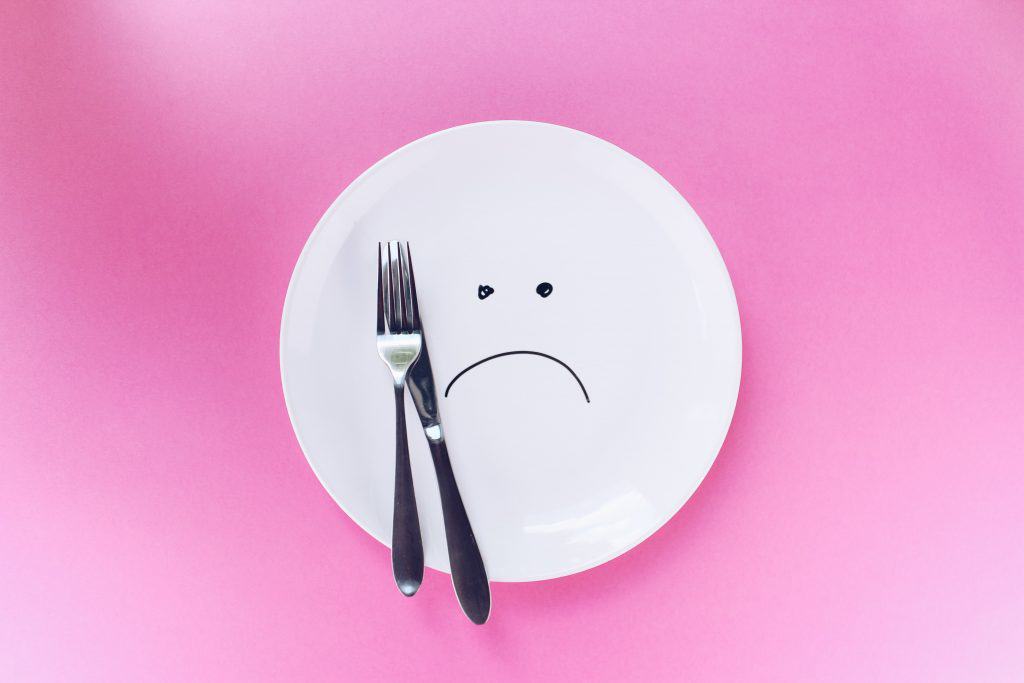Geschatte leestijd: 4 minuten
References
University of Colorado Anschutz Medical Campus. “Exercise is more critical than diet to maintain weight loss: Physical activity helps to prevent weight regain when previously overweight.” ScienceDaily. ScienceDaily, 29 March 2019. <www.sciencedaily.com/releases/2019/03/190329130227.htm>.
Eating less than you expend is usually the fastest way to lose weight. However, to keep that weight off, more exercise appears to be more effective than eating less, according to new research.
Diet vs. Exercise
It was important for me to make a point clear in the introduction:
When it comes to losing weight, a calorie deficit caused by dieting will usually lead to results faster than a deficit caused by extra exercise (in most cases).
However, the research from the University of Colorado is about maintaining your weight after you’ve already lost weight. Preventing the yo-yo effect, in other words. According to their findings, physical activity is a more effective method of keeping lost weight off.
The findings were published last month in
Obesity [1].
“This research addresses the difficult question of why so many people find it difficult to maintain weight loss for a long period. We have shown that in a group of people who succeeded in this, there was a higher level of physical activity than calorie restriction in the diet.”
Danielle Ostendorf, University of Colorado Anschutz Health and Wellness Center
Achieving Weight Loss
Losing, gaining, and maintaining weight are the result of the energy balance and deviations from it. The amount of energy your body needs versus the amount you consume. Both variables depend on many factors. Consider genetics and hormones that influence your appetite and how your body deals with energy. However you fill in those variables, the outcome remains the same: To lose weight, you need to consume less energy than you expend. To keep it off, you need to maintain a (roughly) calorie intake that matches your (new) needs.
Adjustments in your diet are, purely in terms of the calculation, the fastest way to lose weight. Exercise is a relatively small part of your daily energy expenditure. That means you would need to move relatively much more than you would need to eat less for the same result.
Maintaining Weight Loss
But even though we translate food and exercise into units of energy, in practice, they’re apples and oranges. There are significant individual differences that make one strategy more attractive than the other. Some people may find it more difficult to exercise less. Others may struggle more with the concept of exercising more than eating less. Additionally, this preference may also depend on the required duration of the necessary effort. A diet is often seen as a temporary effort.
Fitness, in the literal sense of fitness, is indeed a lifestyle. The best method is the one you can stick to. Losing weight is one thing, preventing the yo-yo effect is another.
The researchers in Denver compared a group of people who successfully maintained weight loss of 13.60 kg (30 pounds) or more for a year or longer (the ‘weight-loss maintainers’) with:
- A group of people with a normal weight. These people had a similar BMI to the maintainers, but had not previously had to lose weight.
- A group of people with BMIs in the “overweight” and “obese” classes. Their BMI was similar to the original weight of the maintainers.
Outcomes
Some of the key outcomes of the study:
- The total number of daily calories eaten and expended was higher (about 300 kcal) in the maintainers group than in the group of people with normal weight. However, it did not differ significantly from the group of people with overweight.
- Of all the calories burned daily, the amount of calories burned through physical activity was significantly higher (180 kcal) in the maintainers group than in both other groups. Despite the fact that a heavier body burns more energy, the energy expenditure of maintainers was higher than in the group of people with overweight. This suggests that maintainers moved more.
- This suggestion is supported by the fact that maintainers were much more active than the other groups. 12,000 steps per day vs. 9,000 in the normal weight group and 6,500 in the overweight group.
The researchers therefore conclude that people who successfully maintain weight loss eat as much as people with overweight. They compensate for this by moving more. Their findings are consistent with those from a study among participants in “The Biggest Loser”. In that study, there was a strong correlation between energy expenditure through exercise, weight loss, and weight gain 6 years after participation.
Preventing the Yo-Yo Effect
When I occasionally watched programs like “The Biggest Loser” myself, I could have reservations about the intensity of training that some could be overwhelmed with. If you sell exercise as hell on earth, what are the chances that participants will adopt that hell as a lifestyle?. I understand that such a program is “result” driven, where result is expressed as pounds that fly off as quickly as possible. As far as the long term is concerned, I would prefer to see a more gradual build-up so that more exercise can also be experienced as enjoyable.
I am biased myself, as someone who has always been involved in sports from a young age. I find it easy to imagine that changes in physical activity are easier to form into a habit than changes in diet. I also don’t know if eating less can ever become ‘fun’ in itself, at best the result.
References
University of Colorado Anschutz Medical Campus. “Exercise is more critical than diet to maintain weight loss: Physical activity helps to prevent weight regain when previously overweight.” ScienceDaily. ScienceDaily, 29 March 2019. <www.sciencedaily.com/releases/2019/03/190329130227.htm>.


